

Published by FOX 5 San Diego
SAN DIEGO — A 24-year-old man was behind bars Monday on suspicion of carrying out an unprovoked, racially-motivated attack in a Logan Heights alley in which the victim was beaten, kicked and repeatedly struck with a bamboo stalk.
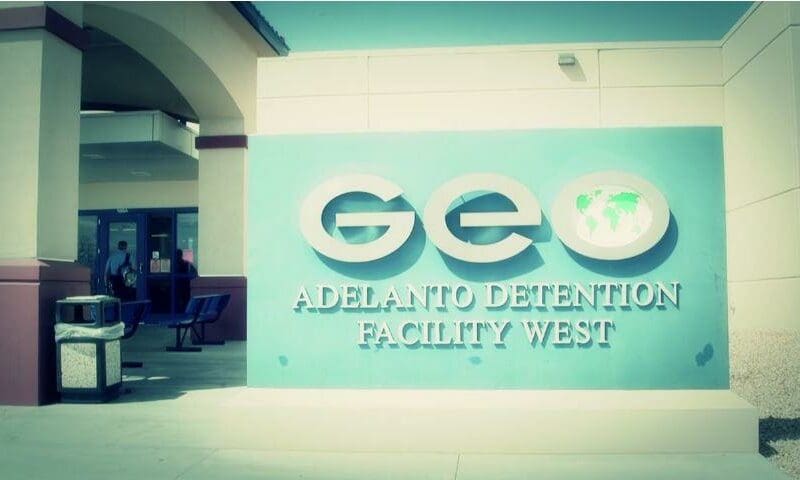

Hear reporter Robin Urevich speak on WNYC/PRI’s The Takeaway program about what she discovered during a recent visit to ICE’s Adelanto Detention Facility.
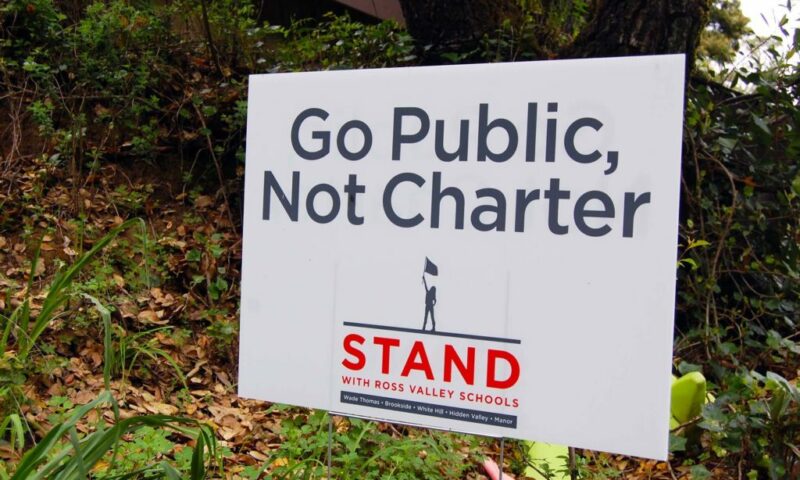
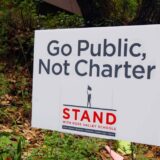
A new charter school in affluent Ross Valley marks the latest chapter in California’s education wars.


Published by the New York Times
Two men were sentenced on Thursday to three years in prison for attacking a Sikh man in California last year, repeatedly punching him through his car window and cutting off his hair.


The time for Diane Rodriguez’s play is 1970, and the immediate setting is the office of El Malcriado, the newspaper founded by Dolores Huerta and Cesar Chavez in Delano, California.


Published by The Fresno Bee
Police have not ruled out a hate crime in the early-morning slaying of a transgender woman who was shot multiple times in Fresno, Police Chief Jerry Dyer said Wednesday, adding that he has directed detectives to solve the case “very quickly.”


Co-published by Newsweek
Why Erwin Chemerinsky is filing suit against President Trump.
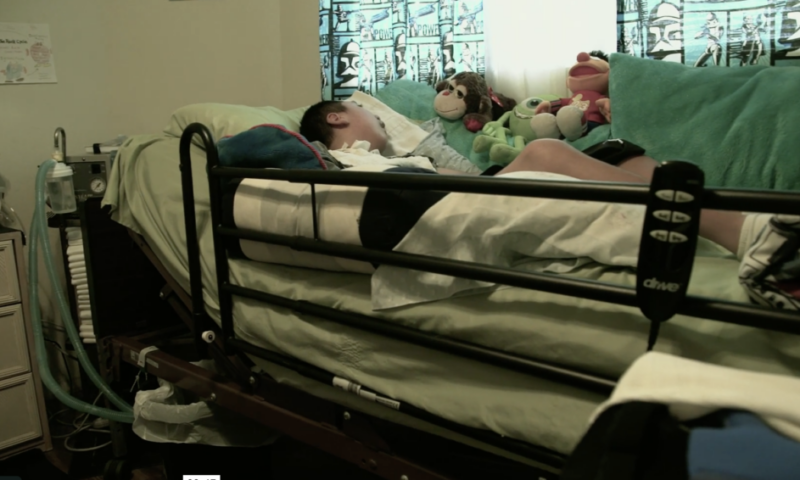
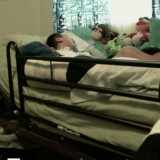
Under the American Health Care Act passed by the U.S. House of Representatives last week, California’s half million in-home care recipients, who include the elderly, the blind and the disabled, could be facing big cuts in services.


Whatever aspirins are prescribed by the Senate, as it prepares its version of the American Health Care Act, they may not make Americans’ health-care headaches go away.


A severely disabled boy and his caregiver face an uncertain future with the passage of the American Health Care Act.